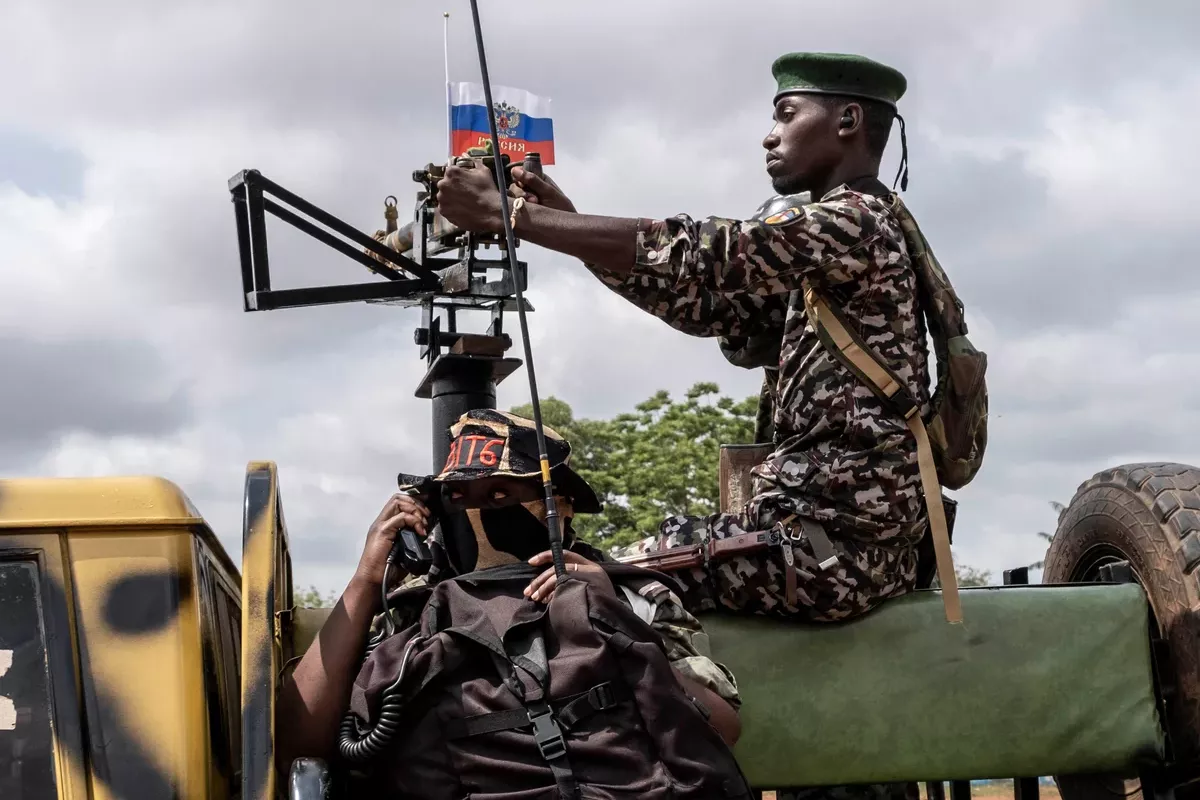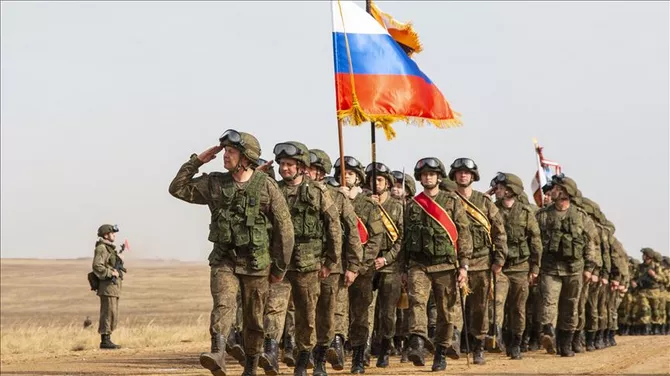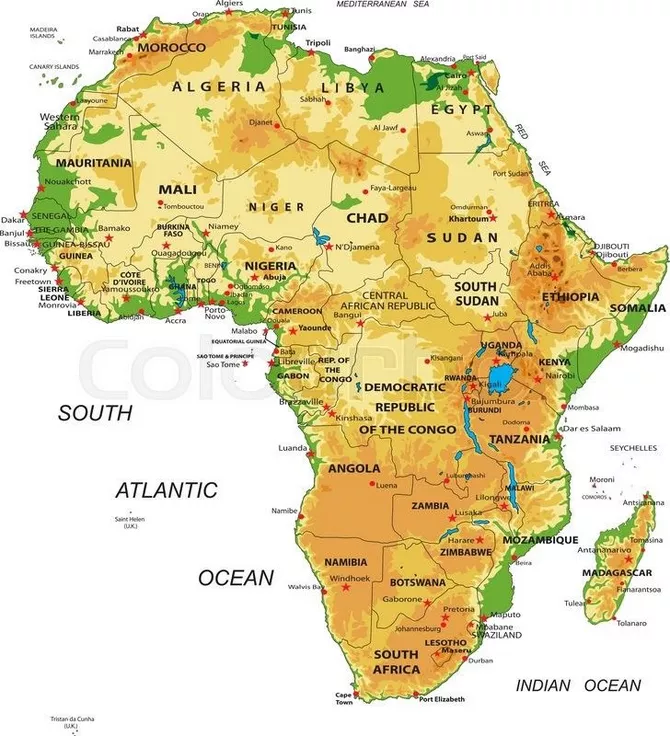
Photo: The Guardian
Russia loves Africa. But this love isn’t primarily about the fascination of Russian tourists with the continent's exotic nature - not about the savannahs and jungles where elephants and giraffes roam, lions and leopards prowl, and monkeys swing from trees. Of course, Africa’s nature and wildlife are captivating and, in many ways, unique. But the reality is that Africa is far from Russia, the flights are long, and the level of service in local hotels is not comparable to that of the Emirates, Türkiye, or Seychelles.

photo: Anadolu Agency
And yet - Russia loves Africa. Russia is there. Russia wants to help, to build friendships, to be involved. Especially with certain countries. But it’s worth noting: this official affection and desire for partnership from Russia comes in a rather particular form.
Today, it was reported that a Russian non-governmental organization held a training seminar for local women in Niger. The goal was to help participants gain economic independence, develop entrepreneurial skills, and combat unemployment in the region. And the subject of the seminar? Soap making. Yes, the women learned how to produce both liquid and solid soap. At the end of the program, all participants received certificates confirming their new skills and their readiness to apply them in practice.
Well, what can we say? Soap is indeed essential - for hygiene, for development… for civilization. Even in Africa.
But if we continue discussing Russia’s presence in Africa, there's a more intriguing development: the formation of the African Corps under Russia’s Ministry of Defense.
You heard that right. This is not just another private military company. It is an official unit of the Russian Armed Forces, reportedly formed in close cooperation with the Republic of Tatarstan. It is in Tatarstan where recruits are to report, and interestingly, those who join the African Corps receive financial compensation from Tatarstan significantly higher than what the Ministry of Defense typically pays. For anyone doubting the formal status of this unit, official documentation clarifies:
"The African Corps is a Russian paramilitary formation established in late 2023 - early 2024 to safeguard Russian military and economic interests on the African continent. It is part of the structure of the Ministry of Defense of the Russian Federation."
Moreover:
“Upon signing the contract, volunteers are assigned military ranks and receive the official status of a soldier.”
So, this is an official military structure. Created to protect "Russian military and economic interests." And it appears those "interests" don’t always involve cooperation with legitimate governments.
What’s also noteworthy is that nowhere in official materials, websites, or resources is there any mention of the specific African countries where the African Corps operates or plans to operate. The absence of such detail seems deliberate - likely an attempt to conceal the locations of Russia’s strategic and potentially controversial deployments on the continent.

Photo: Pininterest
This raises important questions. If Russian military units are operating in Africa under formal intergovernmental agreements, there’s nothing problematic - it’s legal and transparent. But if they’re there without formal accords - or based on agreements with opposition groups or non-recognized authorities - then it becomes necessary to “cover the tracks.”
Still, there are clues. The African Corps is recruiting specialists including snipers, tank operators, UAV operators… and interpreters. The required languages? Spanish, French, and Arabic. That’s all.
Take a look at the linguistic map of Africa. Spanish is used officially in only two places: Equatorial Guinea and Western Sahara. Russia already has military-technical cooperation with Equatorial Guinea - mainly in the maritime sphere. Russian warships dock at the port of Malabo, and Equatoguinean naval cadets are trained in Russia. Russia’s interest in this country’s ports is well known.
But why then does the African Corps need snipers and tank crews? The answer may lie in Western Sahara, a de facto state that lacks international recognition. This disputed territory was formerly under Moroccan control until it was taken over by the Polisario Front, with backing from Algeria. The region is rich in uranium, iron, and phosphates - which makes everything clearer.
As for Arabic, this points to countries like Sudan, Libya, Mali, and Somalia.
In Sudan, a civil war is raging between two military factions. The country is fragmented, with zones of control split between rival groups. Russia has shown particular interest in the Port Sudan on the Red Sea, where it hopes to establish a naval logistics base. Sudan also possesses significant gold reserves, many in rebel-held territories.
Libya needs no further explanation. Russia has long been active there, backing Marshal Haftar - who opposes the internationally recognized government.
Mali is another example. Currently governed by a military junta that seized power in a coup, Mali has seen years of instability and paramilitary conflict. Russia’s presence here - mainly through private military companies - has been long-standing. But those forces recently left. The formation of the African Corps seems to be a way to fill that vacuum.
Now to French, the third language of interest.
Again, we come back to Mali, where French remains the official language. There’s also Gabon, another state under military rule, whose leadership recently stated they would not oppose a Russian military presence.
And then there’s the Democratic Republic of the Congo, where fighting between government forces and rebels continues. Many of the contested provinces are rich in cobalt, uranium, and other strategic minerals.
Of course, we could continue speculating. But even with what’s already known, it’s clear that the African Corps - while shrouded in secrecy - reveals a lot about where Russia sees its future "military and economic interests" on the continent.
Share on social media